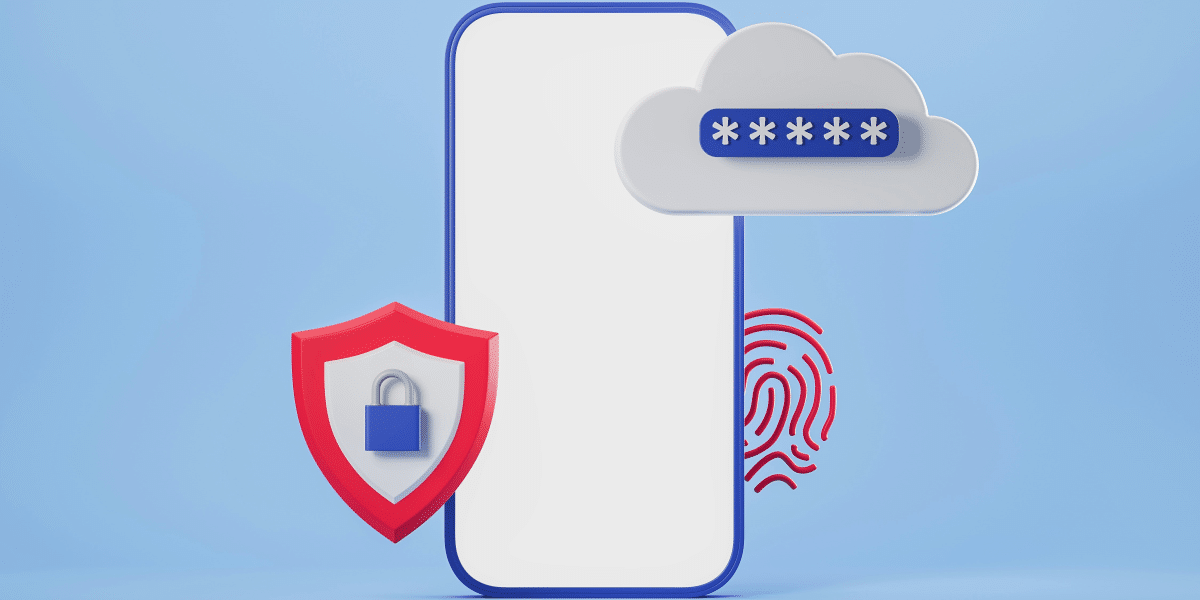In an era where data breaches and privacy concerns are rising, data privacy has emerged as a critical issue for businesses and consumers. Customers are becoming more aware of how their data is collected, stored, and used, and they’re expecting businesses to handle their information responsibly. Prioritizing data privacy isn’t just about compliance or avoiding fines—it’s a powerful way to build customer loyalty and trust. As consumers increasingly seek brands that respect their privacy, businesses that demonstrate a commitment to data security can gain a competitive edge and foster deeper connections with their audience.
Why Data Privacy Matters to Customers
Data privacy is no longer an abstract concept; it’s something consumers think about when choosing where to shop, bank, or engage online. High-profile data breaches have raised public awareness of privacy risks, making customers more cautious about sharing personal information. In many cases, consumers may hesitate to engage with companies they perceive as careless or untrustworthy with data. For businesses, protecting customer data has become essential for building trust and maintaining long-term relationships. Surveys consistently show that consumers are more likely to stay loyal to brands they trust with their information.
When a company prioritizes data privacy, it demonstrates respect for its customers and their right to control their information. This respect goes a long way in building loyalty, as customers feel more comfortable engaging with a brand that values privacy. Trust is especially crucial in finance, healthcare, and e-commerce industries, where sensitive information is regularly shared. Businesses that uphold high privacy standards show customers that they’re serious about safeguarding their details, which can strengthen the overall customer experience and lead to positive word-of-mouth recommendations.
In addition to building trust, prioritizing data privacy can enhance a brand’s reputation. In today’s digital world, where news spreads rapidly, companies that are transparent about data practices are seen as more reputable and responsible. Consumers appreciate brands that communicate openly about data collection policies, clearly stating what data is collected, how it’s used, and how it’s protected. By establishing these guidelines, businesses can differentiate themselves in a competitive market, attracting customers who prioritize data security and value transparency.
Steps to Improve Data Privacy Practices
Improving data privacy begins with adopting robust data security measures. For many companies, this involves investing in secure systems, encrypting sensitive data, and regularly updating software to protect against cyber threats. Ensuring that only authorized personnel can access customer information can significantly reduce the risk of data breaches. Businesses can also train employees on data security protocols, ensuring everyone understands the importance of protecting customer information. These preventive steps protect customers and demonstrate the company’s commitment to responsible data management.
Another critical aspect of data privacy is data minimization—collecting only the information necessary for the transaction or service. By limiting data collection to essential details, companies reduce the amount of data they need to protect, which minimizes the risk of exposure. For example, an e-commerce business might only request the information required to process a purchase rather than requesting unnecessary details. This approach reassures customers that their data is not being exploited, helping to build trust and loyalty.
Transparency is also critical. Clear, accessible privacy policies give customers a better understanding of how their data is handled, which helps to alleviate concerns. Instead of hiding privacy practices in fine print, businesses should aim to communicate these policies straightforwardly. Some companies are taking transparency a step further by allowing customers to opt out of certain data collection practices or control how their data is used. Businesses empower customers and demonstrate genuine respect for their preferences by giving them a say in their data privacy. This level of control fosters a stronger bond with customers, as they feel valued and respected.
The Role of Data Privacy in Building Brand Loyalty
Prioritizing data privacy is not just about compliance but building lasting brand loyalty. When customers know that a brand values their privacy, they are likelier to continue choosing that brand over competitors. Data privacy can serve as a unique selling point, attracting customers concerned about protecting their personal information. Businesses that communicate their commitment to data privacy can differentiate themselves in crowded markets, attracting a loyal customer base that values security and transparency.
For instance, Apple has made data privacy a central part of its brand identity, frequently highlighting privacy practices in marketing campaigns. This emphasis on privacy has resonated with consumers, especially those who feel strongly about safeguarding their digital lives. As a result, Apple has built a loyal customer base that values the company’s commitment to data protection. Smaller businesses can follow this example by being open about their data privacy measures and making security a core component of their brand.
In addition to attracting new customers, strong data privacy practices help retain existing ones. Loyal customers are invaluable, as they spend more time recommending the brand to others. When customers feel confident that their data is safe, they’re less likely to switch to competitors, even if those competitors offer lower prices or similar products. This loyalty is paramount in today’s competitive landscape, where brands must work harder than ever to differentiate themselves. Data privacy is one area where businesses can stand out by genuinely caring for their customers’ well-being.
The Importance of Data Privacy in the Business World
As data privacy grows, businesses prioritizing it are well-positioned to build lasting customer loyalty. By respecting customers’ data, adopting robust security practices, and promoting transparency, brands can establish a reputation for trustworthiness and responsibility. In a world where consumers are increasingly protective of their personal information, data privacy is no longer optional—it’s essential to building meaningful, loyal relationships. For businesses looking to secure their place in a competitive market, prioritizing data privacy isn’t just the right thing to do—it’s a bright, customer-focused strategy for sustainable growth.
Published by: Khy Talara








